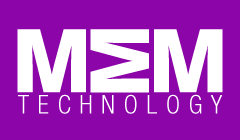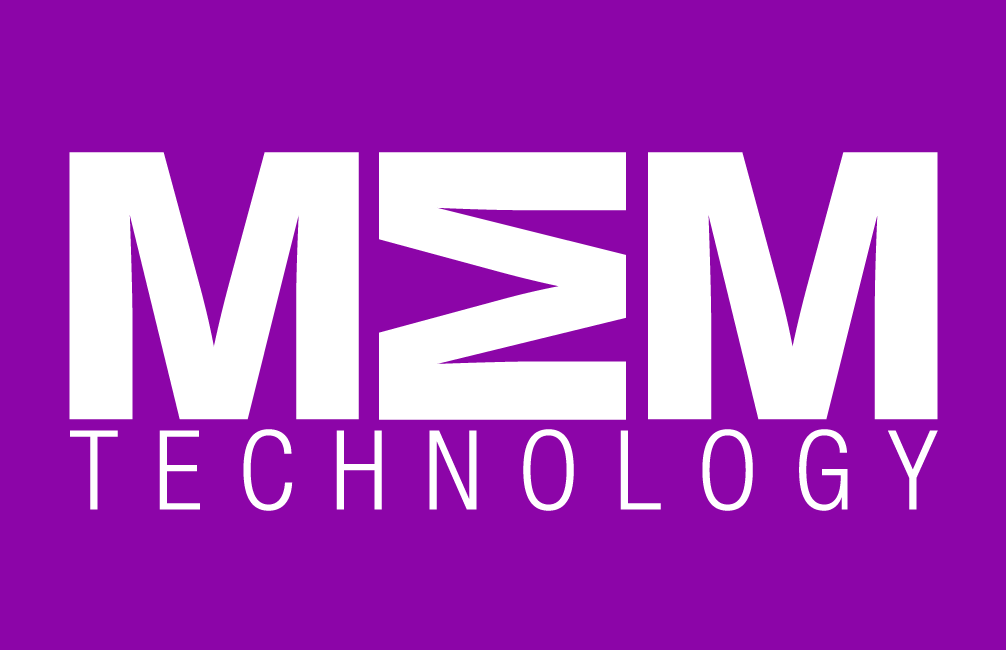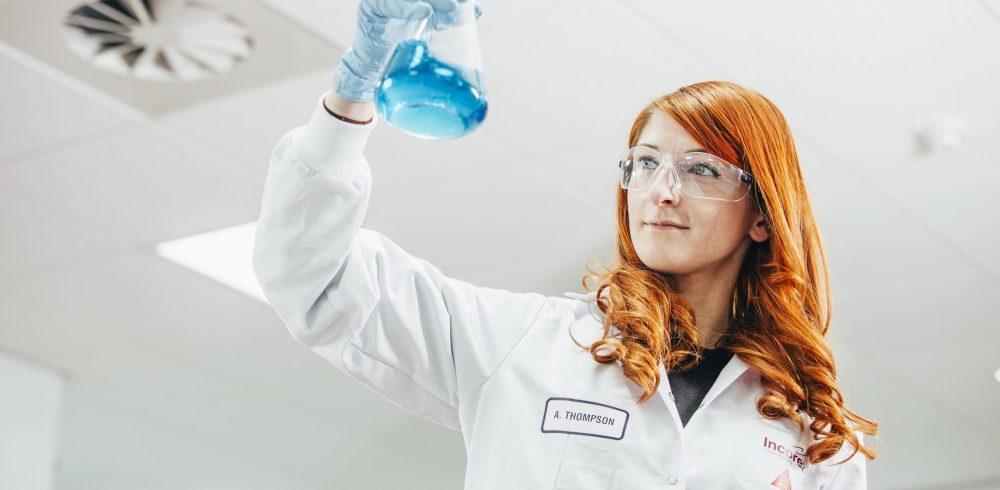Incorez Ltd is a leading manufacturer of polyurethane and epoxy technology, with its products distributed to over 25 countries around the globe. The company’s product range includes waterborne polyurethane dispersions, waterborne polyurethane/acrylic hybrid dispersions, polyurethane prepolymers, waterborne epoxy curing agents and oxazolidines. Incorez work in partnership with companies to develop ‘customised’ solutions to meet their exact requirements.
What are your responsibilities as an R&D project leader?
I work with the research and development team to ensure we deliver new product development that is fit for purpose and will ensure the future growth of the Incorez business. To do that, we develop research strategies to achieve the goals and objectives of the project. We have a really creative team at Incorez and always have many ideas running at the same time. Of course, there are technical and commercial considerations within that. The real focus for us as a team and a big part of my role is to ensure projects are kept on track and delivered to target.
We need to stay focused on innovation so we can develop quality products that will be the best solution for our customers. Our aim is to understand exactly what our customers want, whether a change in established products or something completely different, fully understanding their individual needs allows us to provide solutions that can surpass expectations. The latter could be anything from a new product that meets a gap in the market or tuning established technology to comply with legislation. We are always looking into the market to see what we can do and what there is a demand for.
When did you become interested in chemistry and how has it defined your work?
I have had always had a passion for chemistry ever since my time in school. I found that I could be a lot more creative with chemistry. After I received my masters in chemistry, I was fortunate to be offered work at Incorez. It was an exciting time for the company as they had just built a brand new R&D facility and had a strong team of chemists.
The company was big on innovation, new technologies and was very creative. With polymer chemistry, I have always appreciated the practical aspects of work. I enjoy working together with our own R&D team and different parts of the company in order to see a project through from a blue sky idea to a product that
works in the marketplace.
What sparked your interest in polyurethane and epoxy technology (polymer chemistry)?
During university, I enjoyed the organic side of chemistry and was interested in how it would tie in with real life applications. My industrial placement at Sika’s headquarters in Zurich gave me a lot of insight into that. I was working on products that I could see would make a difference in everyday life. The ability to see that end result was a real sense of achievement. At Incorez, you really get that hands-on experience. It is always exciting, challenging, and there is always something new. I think that is what I like most about working in the polymer industry. It is something you can physically experiment with. It’s always changing and you are not always working on the same thing.
How do you think chemical research is driving innovations in construction?
It’s a balance. On the one hand we are constantly pushing the boundaries of pre-existing technology while on the other we are always exploring new innovations with chemistry. It can be challenging anything from legislative requirements such as low or zero VOCs, or low monomer content. It’s essentially about building on our existing technologies whilst always having new ideas in the pipeline. We are always focusing on how we can develop products that make construction applications easier but also safer at the same time.
Can you give us some idea of a typical day?
My day is constantly varied and I’m always balancing different projects. My time could be spent researching or reporting, whilst simultaneously monitoring a reaction running in the lab or speaking to customers. You have to be able to multi-task!
We need to be efficient with our project planning, and the next steps. What does our customer want? How are we going to produce new innovative products? There are always challenges on the horizon which keeps me driven and determined.
What are some of your biggest challenges facing young researchers?
There is always a massive drive down on legislation due to stringent requirements. At the same time, we are challenged to produce the same quality of performance which isn’t always easy, such as when we are working with water based technology rather than solvent based. Many customers are moving over to use more environmentally-friendly and sustainable products but there is a lot of competition in the market and not everyone is prepared to make that change yet. We are constantly staying ahead of the market trends to be as innovative as possible. The question is not what are the competition doing but rather what are they not doing yet?
What scientific achievement are you most proud of?
It was my first product at Incorez, an amine hardener for high gloss floor coatings. It was a challenge but we achieved it by working closely with the customer. It was my first custom chemistry product. Our customer was asking for something very specific that was challenging to achieve. Having a great working relationship enabled us to drill down to exactly what they wanted. We managed to develop a product that met the customer’s requirements, with added benefits too. We exceeded their desired goals and now they are one of our biggest customers.
What developments in the chemicals industry are you most excited about?
I think it’s got to be 3D printing as there so much advancement in the technology and it ties in a lot with the chemical and construction industry. For example, it’s now possible to print 3D smart objects made up of stimuli responsive material with no motor function that can basically respond to the environment through physical and chemical make-up alone. It’s very impressive what 3D printing is capable of, especially from a sustainability aspect. It’s going to completely revolutionise the future of development.
With gender diversity in the workplace so important what steps can be made to increase the number of women in chemical sciences?
There is a constant increase in the number of women in science anyway which is great, but I think we need to keep encouraging this further. Incorez as a company, for example, has a presence at the Lancashire Science Festival where we encourage children to come along. It’s a good way to try and increase that engagement with potentially the next generation of scientists.
Who in your opinion was the most influential woman in science?
It would have to be Marie Curie, the first woman in science to receive a Nobel Prize. She was the first one to break new ground and made a lot of changes for women in science after that.















